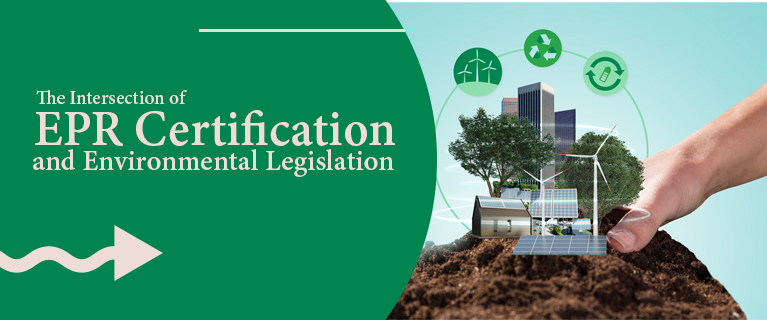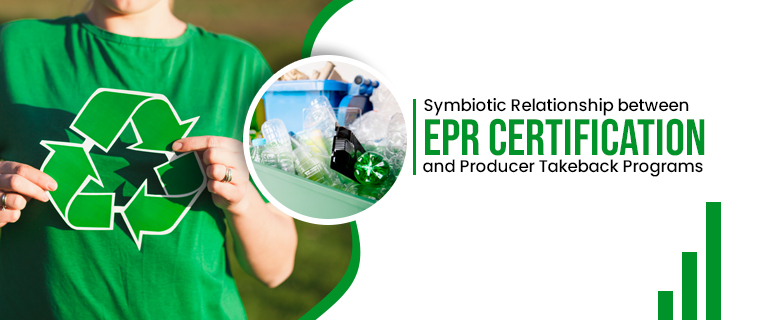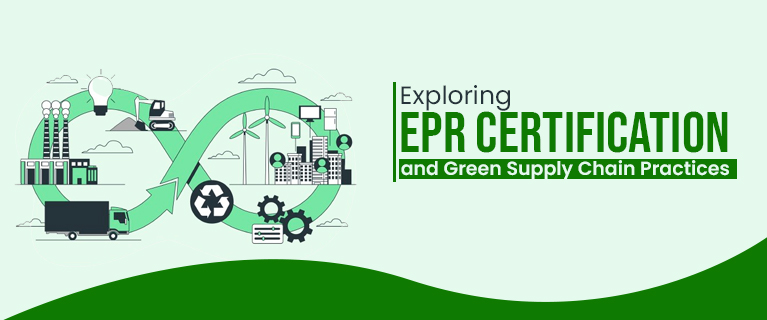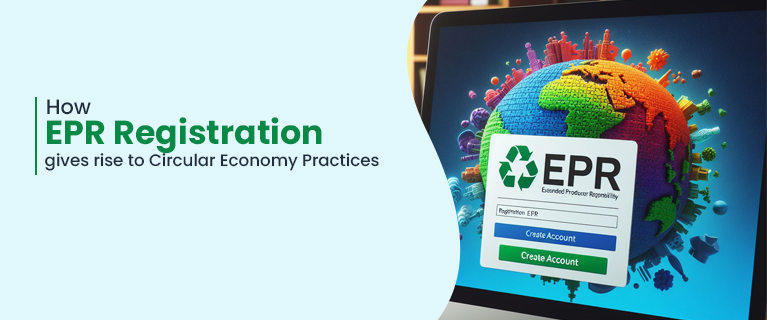The Cost of EPR Certification in India

In recent years, environmental concerns have prompted businesses to adopt sustainable practices, leading to a growing interest in Extended Producer Responsibility (EPR) certification. EPR is a policy approach that holds manufacturers responsible for the entire life cycle of their products, including their disposal. In India, obtaining EPR certification involves certain costs that businesses need to consider. What is EPR Certification? Extended Producer Responsibility Certification is a recognition awarded to businesses that actively manage the environmental impact of their products throughout their life cycle. This includes designing eco-friendly products, ensuring proper waste collection and disposal, and contributing to recycling efforts. The certification is a testament to a company's commitment to environmental sustainability. Read also this-: The Soaring Popularity of EPR Certification Consultants Factors Influencing the Cost of EPR Certification: Several factor...








